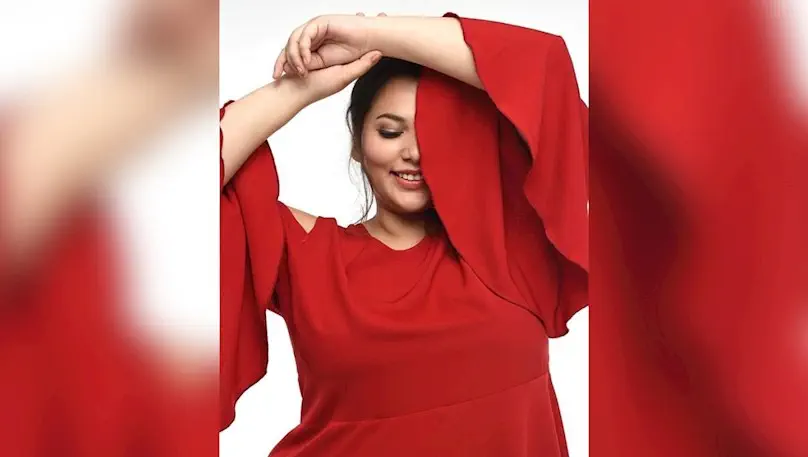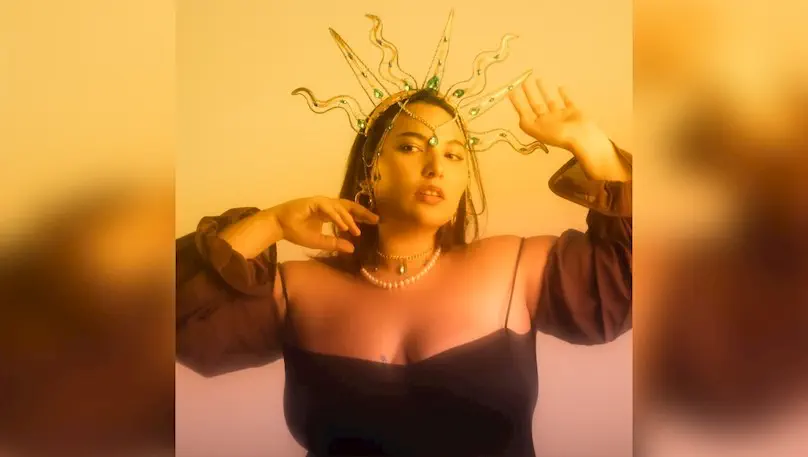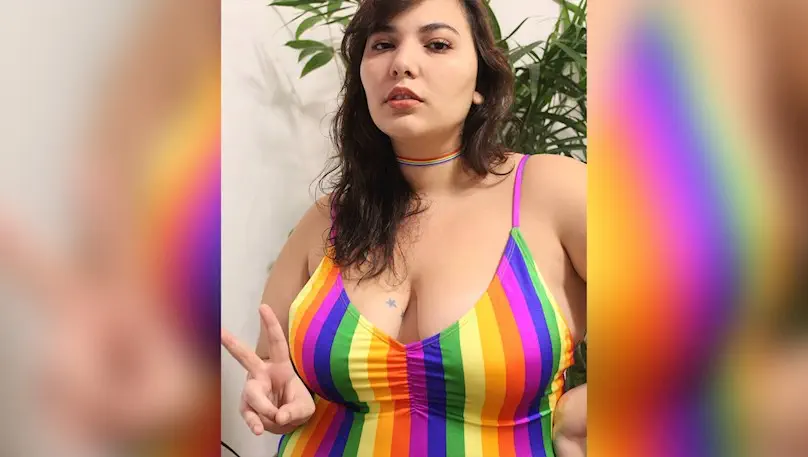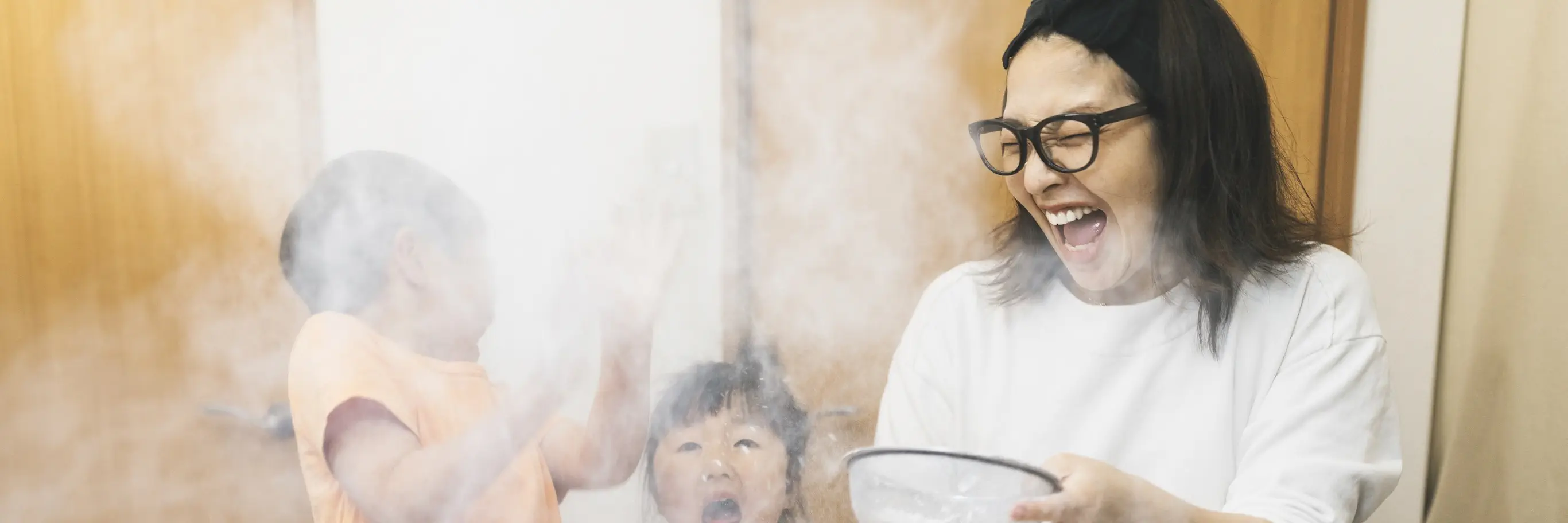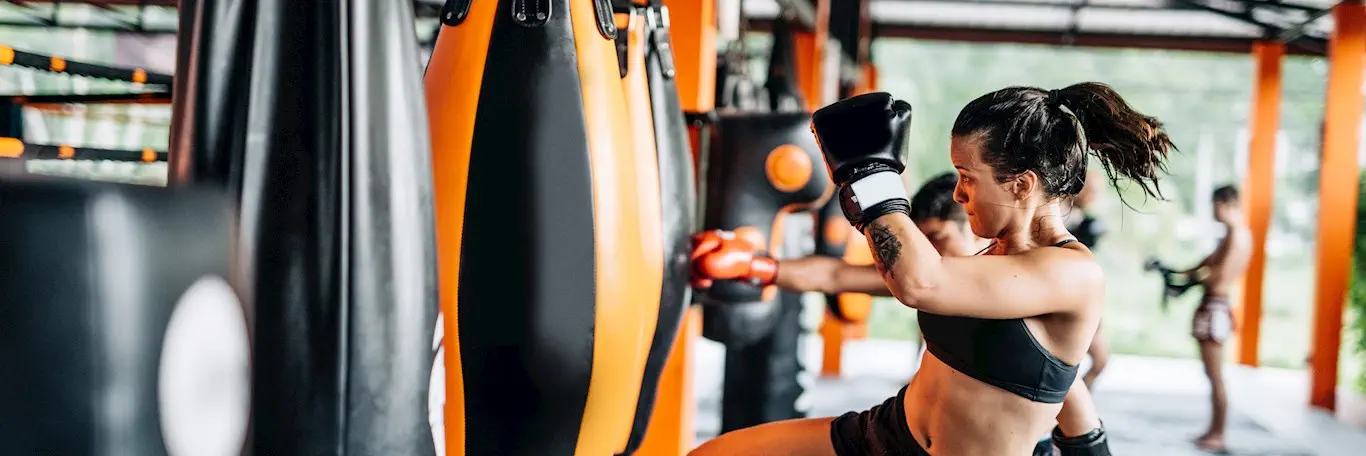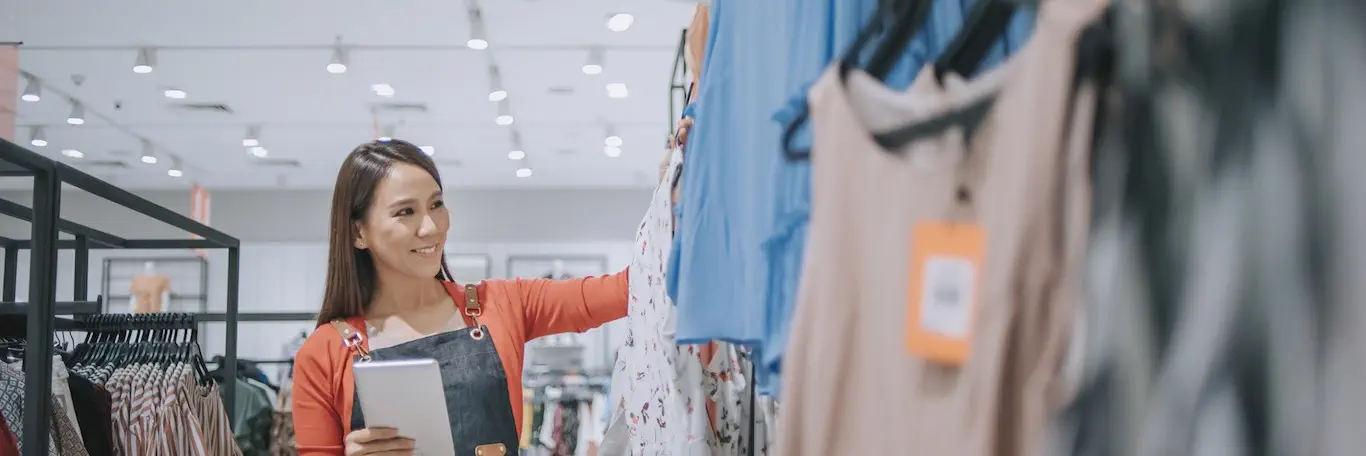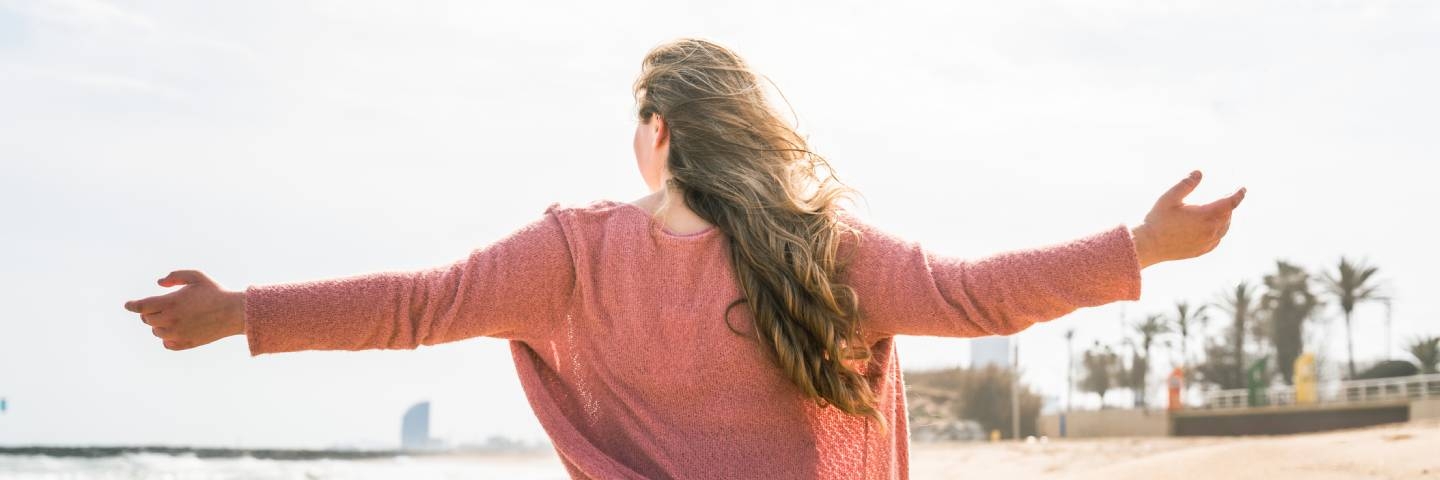
Plus-size model Yma Cuervo on her journey toward body positivity
Yma’s story serves as an inspiration for all women to love their bodies and nurture their emotional and mental wellbeing.
Only women know the struggles of women.
Yma Cuervo, 28, a bisexual woman, wins the same battles and goes through the same struggles of other women against cultural and societal biases. On top of all this, she faces the challenges of being plus-size.
While Yma thrives in the creative industry, working in advertising and modelling, it was a long journey and still is for her. She continues to encounter biases in the modelling industry even now that she’s working as a plus-size model.
“There are too many struggles,” Yma shares. “The common ones are people are quick to assume things about your lifestyle and feel the need to make comments or give unsolicited advice; dating can be tricky; having to face constant teasing or even bullying. The list is long.”
She continues, “Also, it’s difficult to find clothing that fits well, much less be in a style that reflects your personal tastes, and getting judged for dressing a certain way.”
Yma started modelling when she was in college because she found it “difficult to find cute clothes that fit me. My first projects were x-deal shoots where I would get clothing in exchange of my services. I used to be shy about it, but the experience helped me build my confidence and go from being just a fan of body positive movements to participating in them. It made me feel powerful.”
Reshaping her relationship with her body
Yma says the journey wasn’t easy or simple as it may look now that she is more confident than in her younger years.
But the first step was to establish a healthy relationship with her body. Yma recalls, “It was a gradual process. Growing up, there were countless times I was made to feel insecure about my body. I was often told I couldn’t dress a certain way if I was fat, and I was introduced to crash diet culture as early as age 12. I used to get teased about my size. And before I knew better not to, I would even go along with it and make self-deprecating jokes as a coping mechanism.”
Like many women, Yma experienced body dysmorphia. According to John Hopkins Medicine, BDD (Body Dysmorphic Disorder) can bring about negative thoughts about one’s body and can affect one’s mental health. “You may even spend hours each day worrying about how you look. Your thinking can become so negative and persistent, you may think about suicide at times...Bullying or teasing may create or foster the feelings of inadequacy, shame, and fear of ridicule.”
“I experienced body dysmorphia after hearing someone say that my head looked too small for my body. It affected me so much that for a time I refused to wear my hair in a ponytail as I was afraid it would make it more obvious. Looking in full-sized mirrors became difficult as I would fixate on just that.”
She continues, “I collected and received weight-loss products, stretch mark removal products and the like, which all contributed to a terrible relationship with my body and an insecurity I still must actively work on removing.”
Women and their mental health
This is yet another bias that women have to face. Research published in the National Library of Medicine says “women are generally observed to be more susceptible than men to both body shaming and depressive/anxious symptomatology.”
The same research points out that “shame is an especially painful, powerful, distressing and—when internalized—also a potentially depressing emotion.”Yma says, “What helped me overcome body dysmorphia was to understand that bodies aren’t meant to be perfect or exactly alike. We all possess different qualities—and there isn’t one that is better than another.”
“The first step to learning to love and appreciate my body was unlearning societal beauty standards and what acceptable bodies should look like. I chose to view my body with more loving eyes, to acknowledge all that it does for me instead of focusing on negative perceptions others may have about it,” she says.
“When I started plus size modelling, I think people realized that I wasn’t ashamed of my size and that teasing me for it would not elicit the reaction they were expecting. The modelling industry can be tricky as sometimes brands want to work with a certain kind of ‘plus-size’ only. This is when you are bigger but only in some areas of your body like your chest or buttocks.”
Strong support system
Every Women’s Month, we see nonprofit and businesses rolling out their publicity materials, artists coming up with art pieces, commercials featuring strong women. Women empowerment stories and messages are all over social media and this has helped shaped our treatment of them. It is also a reminder for all of us to take better care of our health and wellbeing and think of our future.
“It means a lot to me that I don’t hear unsolicited advice or comments about my body/weight from family members the way I used to when I was younger,” Yma says. “I am proud of how they have changed their outlook. My friends, on the other hand, have been very encouraging and always have kind words to say. They are always the first to refer me for projects and they encourage me to keep doing what I do.”Unlike the rest of us, women are left alone to continue to fight the gender bias until the next Women’s Month rolls along and the whole world stands beside them again.
As an empowered woman, Yma understands that every support women get—acknowledgment, vote of confidence, or just kind and comforting words from others—amounts to something.
Women support women
Yma has formed a strong sense of self as a bisexual woman and continues to support women.
Yma shares, “I support other plus-size women by openly sharing my experiences and my journey towards loving my body more. Occasionally I message from friends or strangers who are looking to start their own body positivity journey and I encourage them to go beyond accepting their bodies—and to start celebrating it!”
“The best advice I can give is to establish a strong sense of self and to not let how others perceive you affect how you look at or value yourself. It takes a lot of practice, but the objective is to love yourself unapologetically, to take all the space you need and believe wholeheartedly that you are wonderfully and beautifully made.”
When asked if she loves being a plus-size woman, she said “I love being a woman period.” “Women are beautiful, powerful, intelligent, talented, kind, and so loved. Plus size women are not an exemption. My body will change as I go through different phases and stages of my life and I want to love it through everything. Currently I am happy with how I look but that’s not to say my body will be this way forever—change is always welcome.”

